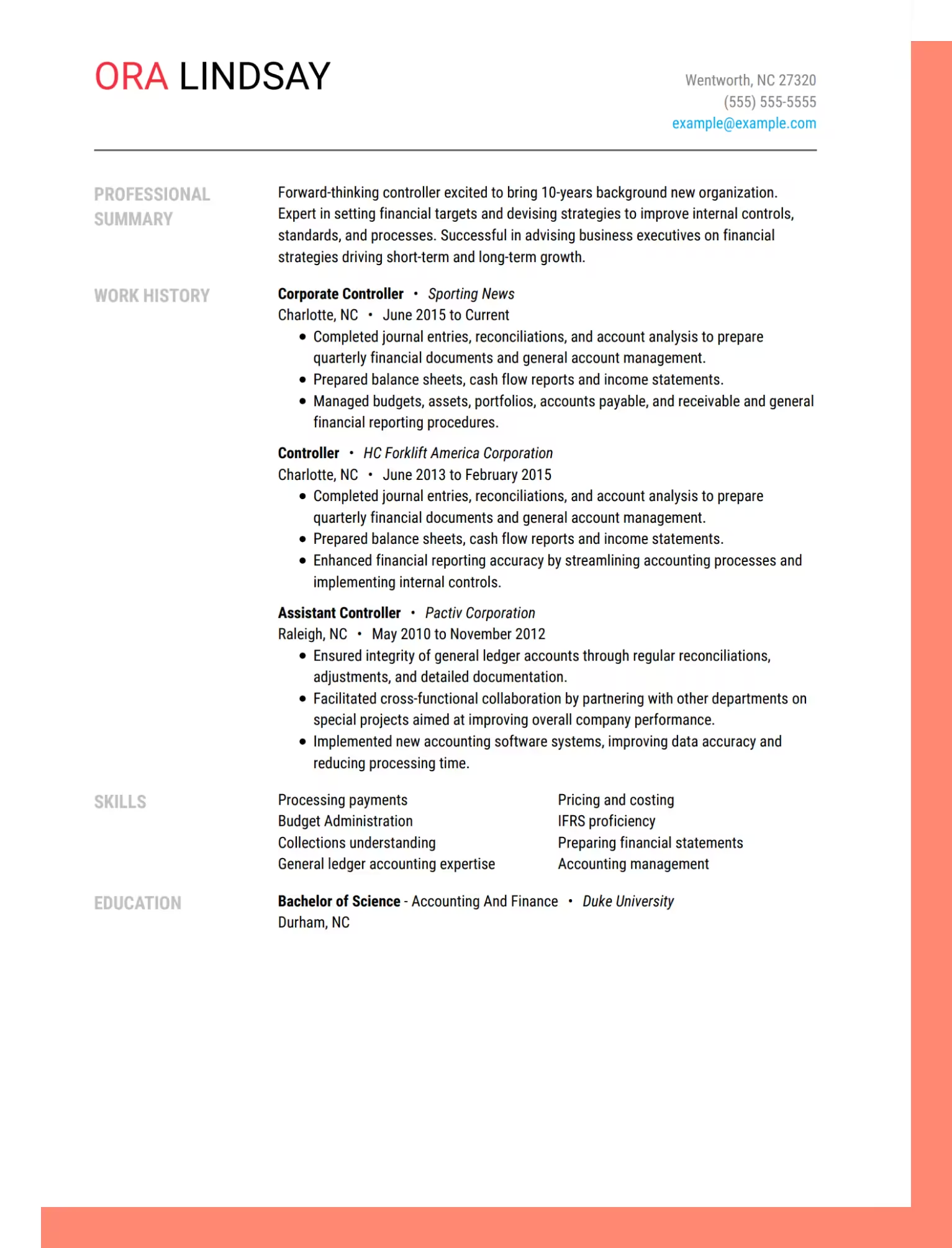Construction Resume Examples & Templates

Our customers have been hired at:*Foot Note
Jobs in the construction industry include building, removing, altering, maintaining, and repairing commercial and residential buildings, bridges, roads, and other structures such as utility poles.
Jobs in this field range from labor to project management positions, with some requiring a four-year college degree and others a high school diploma or less.
No matter where you are in your construction career, we can help you write a resume to beat the competition and get a great construction job.
We’ll help you build the perfect construction resume or CV and create an effective construction cover letter to accompany it. Plus, we offer some great construction resume examples, CV examples and cover letter examples to get you started.
Resume examples for top construction jobs
More construction resumes by job title
- ABAP Developer Resume
- Carpenter
- Certified Crane Operator Resume
- Chief Estimator Resume
- Construction Chief Executive Officer Resume
- Construction Manager Resume
- Construction Safety Officer Resume
- Construction Site Supervisor Resume
- Construction Worker Resume
- Finish Carpenter Resume
- Flooring Installer Resume
- General Contractor Resume
- Oil And Gas Field Supervisor Resume
- Project Superintendent Resume
- Roofing Estimator Resume
- Scaffolder Resume
Cover letter examples for top construction jobs
Our customer reviews say it best
Our resume builder makes it easy to craft an impressive, ATS-friendly resume in just minutes.
- Free professionally designed templates.
- Expert suggestions for every section of your resume.
- Start a resume from scratch or edit your existing resume.
Construction resume FAQ
What qualifications do employers look for in construction?
Qualifications for a job in the construction industry vary depending on the job title. Although a bachelor’s degree is not always required for jobs in construction, having onewill give you an edge over the competition for most jobs in the industry.
Skills employers in the construction industry look for include:
- Physical strength and endurance.
- Dexterity and hand-eye coordination.
- Problem-solving.
- Safety compliance.
- Decision-making.
- Building and engineering knowledge.
- Strong reading and math skills.
- Project organization.
- Teamwork.
- Experience with technology.
- Communication.
- Knowledge of building codes.
What’s the ideal resume format for a construction resume?
There are three standard resume formats. The one you choose should depend on your level of work experience and career goals.
- Functional format: Entry-level applicants will benefit from this format. The layout focuses on skills, allowing you to showcase everythingyou can do.
- Combination format: This format puts the skills and work experience on equal footing. It is a great option if you have a few years of professional experience.
- Chronological format: Ideal for seasoned professionals with many years of experience, this format showcases expertise through a detailed work history section.
Why should I use construction resume examples?
Construction resume examples can guide you when writing construction resumes for various job titles and professional levels. Plus, they can inspire you with ideas for choosing a construction resume template and picking the best construction resume format to display your qualifications.
What is the outlook for a career in construction?
The United States Bureau of Labor Statistics estimates faster-than-average employment growth in the construction industry through 2026.
How we reviewed this article
Since 2012, we have helped more than 11 million job seekers. We want to make your career journey accessible and manageable through our services and Career Center’s how-to guides and tips. In our commitment to bring you a transparent process, we present our Editorial Process.
Sources
United States Bureau of Labor Statistics, Occupational Outlook Handbook

